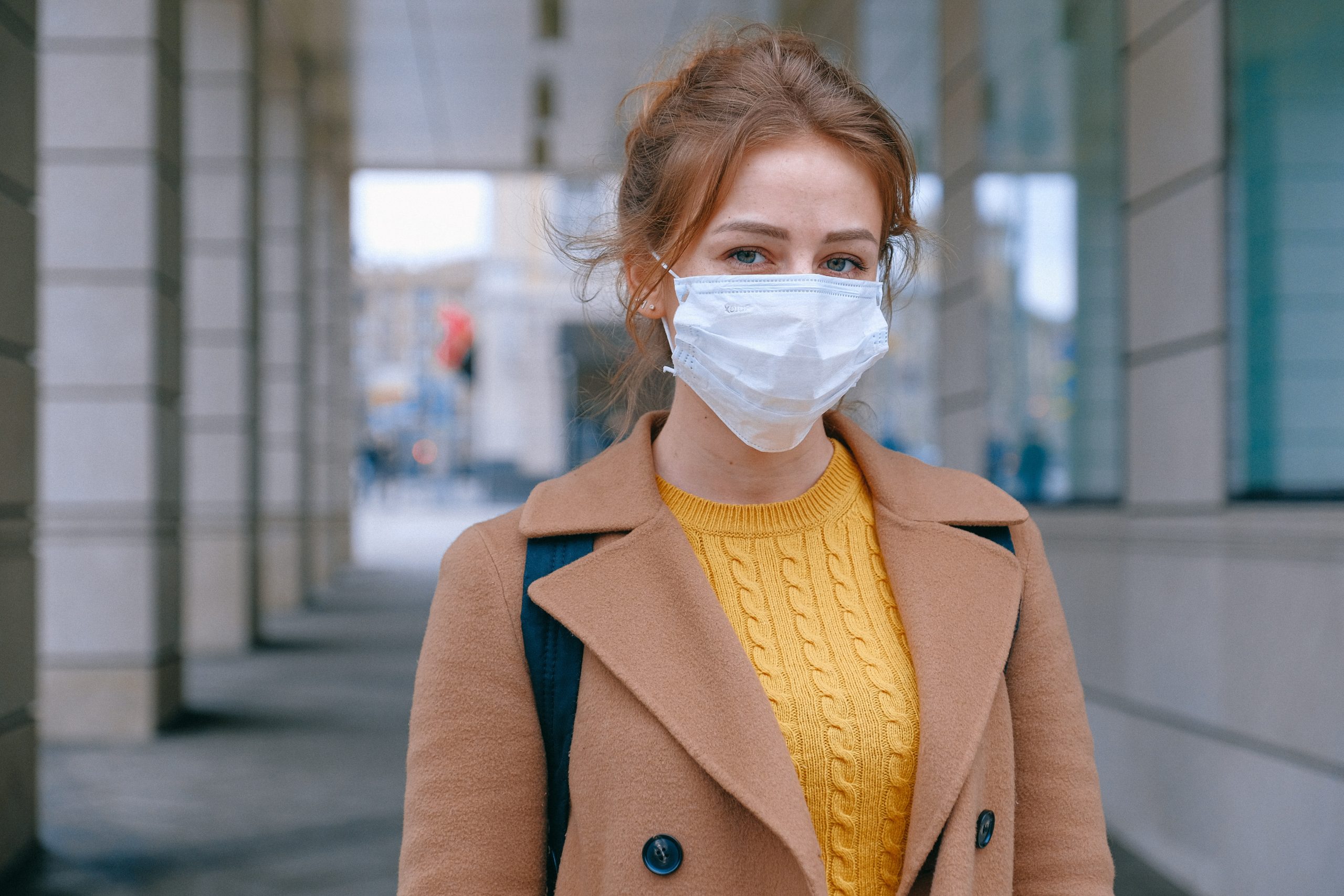(Transatlantic Today)-Monkeypox has become the most dreaded viral event of the year, especially as the upcoming flu season looms. The United States had a markedly controversial response to the COVID-19 crisis, which was filled with inconsistencies, confusion, and semi-effective lockdowns.
With the rapid flow of misinformation and a reactionary response from the Biden administration, the Monkeypox risk for community transmission is higher than ever–and many Americans are choosing to resist another multi-year lockdown process.
What you should know about Monkeypox
Monkeypox isn’t a new disease, but it is beginning to show atypical presentation in patients across the country. While Monkeypox is known for its oral sores, high fevers, and burning, itching wounds, the new list of symptoms is different; as some patients present with little to no fever or discomfort, and acne-like sores around the genital regions rather than oral.
It is not classified as an STD, but can be spread by close, intimate activities–such as intimacy or close contact. This has left many with the concern that it could be spread in places where tight contact is required, such as airplanes and crowded public transit. Many are also concerned about the possibility of airborne transmission.
Currently, medical practitioners are advising that it is unlikely to spread so casually, and requires extremely close contact or mucosal lining contact with fluids from infected sores. Handwashing is extremely important to limit exposure, and many regions are re-instituting public mask policies out of an abundance of caution.
While there is no proof of airborne transmission at the time of this article’s publication, there is no way to guarantee that this won’t be a possibility in a future mutation or variant at this point.
How to stay safe from Monkeypox
Current medical advice to protect yourself from Monkeypox is the same for many flu-season ills. Recommendations are to wash your hands, avoid close contact with friends and loved ones, and mask up where possible to minimize risk of transmission.
While this may sound simple, many are left struggling with depression, anxiety, and other mental health issues after multiple years of chronic stress and lonliness triggered by aggressive and inconsistent lockdown policies. Many Americans are choosing not to abide by the recommended best practices, which may lead to a more virulent spread of the virus in the future.


























